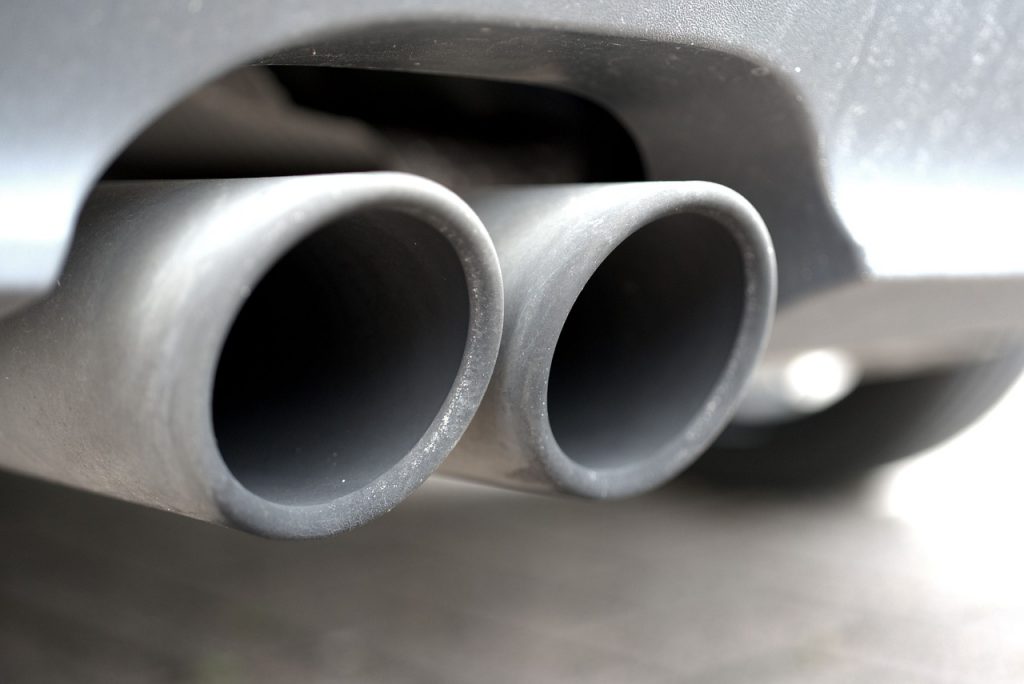Everything You Need to Know About Catalytic Converters
If one of your organs becomes damaged, it can have a detrimental effect on the entire body. And this is also true of your car. If one element of it encounters a problem, then the rest of the vehicle could also be in trouble.
Your catalytic converter is one of these parts that’s integral to the overall health of your vehicle. As it sits below the car, it is easy to damage the catalytic converter by accident. This is particularly likely to happen if you curb the car or go over speed humps too fast.
One of the most important systems on your car, find out everything you need to know about catalytic converters.

What is a catalytic converter?
A catalytic converter (or CAT), is one of the most vital parts of your car’s exhaust system. Its primary function is to reduce the amount of pollutants your car pumps into the air, making it more environmentally friendly.
But, it needs a very precise air-fuel ratio in order to work properly. Even a slight fault with the engine or fuel supply can lead to the CAT being adversely affected so it’s important to address these issues as soon as they arise.
How do catalytic converters work?
In short, a catalytic converter changes the harmful substances in a car’s exhaust into less harmful substances. As part of the exhaust system, it will take the likes of carbon monoxide, nitrogen dioxide and hydrocarbons, and release them as carbon dioxide or water vapour.
There are a number of different types of converters, but they all need to work at an incredibly hot temperature (400 degrees!) in order to operate correctly.
Over time, residue from the harmless gases a CAT releases can build up – causing the converter to clog. When this happens, your car may no longer be able to safely convert those harmful gases meaning they’ll be released into the atmosphere. This is bad news because not only will your vehicle be causing damage to the environment, but your fuel bill is also likely to skyrocket.
There are various ways to determine whether your CAT needs repairing. These include:
- Your check engine light is on
- You can smell rotten eggs from your exhaust
- Exhaust smoke is a dark black in colour
- Your gas mileage has dramatically decreased without warning
- Your car is misfiring
- You can hear a rattling sound come from below the car
How can I prolong the life of a catalytic converter?
Repairing a catalytic converter can be expensive. So, you want to make sure you’re doing all you can to prolong its life.
The first thing to do is to ensure your vehicle is regularly maintained. Frequent visits to a reputable garage should iron out any problems before they arrive. As well as this, it is important to fuel your vehicle correctly not allowing it to run out completely. Plus, you should always use unleaded fuel when you have a CAT in place as just one tank of leaded fuel can destroy a catalytic converter.
Jumpstarting your car can also be bad for a catalytic converter, so if it isn’t starting for whatever reason, use jump leads.
Another good way to prolong the life of your car’s catalytic converter is to get a green MOT. As part of your car’s MOT emissions test, a green MOT will focus on your catalytic converter and reveal any issues so you can deal with them in a timely manner.
If the worst happens and it does fail, then you should consider recycling it. A catalytic converter is made up of a whole host of valuable metals so it is ideal for recycling. The best way to do this, is to take your vehicle to a reputable garage or scrap yard who can take care of this process for you. More often than not, you can also specify that you want it to be recycled in the most environmentally friendly way.

How can I protect them from thieves?
Catalytic converters can be extremely valuable, which makes them a target for thieves. To protect your CAT from being stolen, there are a number of things you can do.
This includes:
- Parking your car in well-lit areas
- Install a car alarm
- Purchase a CatClamp- a protective lock you can place over the converter
If you’re looking for a place to recycle your catalytic converter, then contact the experts at Hill Metal Recycling. Our team also operates a scrap metal collection service that can come directly to you and collect your metal. For more information, contact us today where a member of our team will be happy to help.




